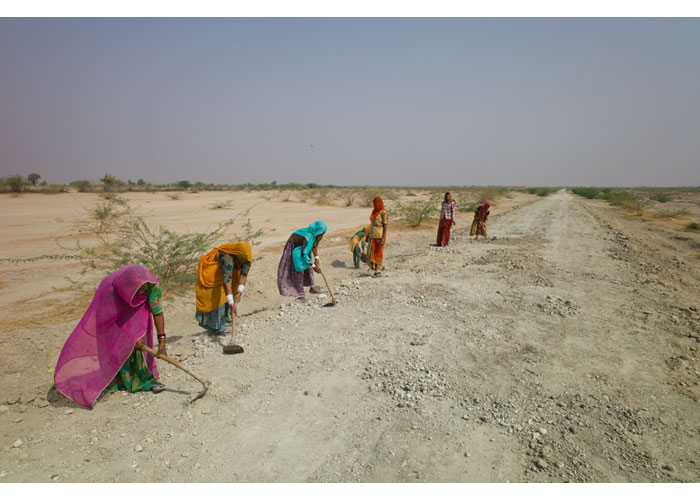America’s Addiction to Energy
Can I see a show of hands for those who want to use less energy? Of course no one wants to use less energy. That would be like asking if anyone would like to breathe less. Energy, like air, makes quality of life possible. It is the central nervous system of our lives, and the only time we give it much thought is when we don’t have it. The first step in using less energy is to generate a discussion about it. Although Airmen have been urged by the Air Force since 2009 to “make energy a consideration in everything we do,” we have resisted talking about it – at least at the base and individual levels. Consequently, the Air Force, as well as America-at-large, has made insufficient progress in addressing this national security issue.
“Diffusion of responsibility” is a term that describes how people have avoided talking about their energy use since the 1970s when the U.S. government began encouraging everyone to conserve and to use less. Diffusion of responsibility is a social psychology phenomenon whereby a person is less likely to take responsibility for an action or inaction when others are present. This is also known as “bystander apathy,” which, incidentally, the Air Force has been addressing for the last 18 years in regards to suicide prevention. And, with diffusion of responsibility people don’t concern themselves with using less energy when no one is talking about it or being held accountable. Confronting the problem of energy use is very difficult because, as stated earlier, who wants to use less of something that brings so much convenience, comfort and entertainment – the definition of the American way of life.
After the oil embargo in the mid-1970s, Americans reduced their speed on the highways to 55 mph in addition to wearing sweaters and turning down thermostats to 68 degrees at the request of President Carter. He asked us to sacrifice for the good of our country, and we did it. However, in the early 80s, the solar panels were removed from the White House roof, and in 1995, the 55 mph law was repealed. So, we let the good times roll thinking we would have cheap oil forever. Why do Americans have this belief? Because we deserve it, and that’s how it’s always been! Now more than six billion other people want unlimited, cheap energy too. When taking into account the number of people on the planet and the amount of oil available, it’s not hard to see why alternative energy sources and energy conservation are necessities.
The belief that people will have access to cheap energy forever is a myth. Despite how vast Earth appears, the truth is that we live on a planet with limited resources. Given our current appetite and how much Americans have consumed in the past, it’s hard to fathom that we must operate differently in the coming years. However, at this point in our society’s evolution, it’s time to start looking up for energy – to wind, solar and, indirectly, geothermal – rather than down. As a nation and a world community, we need other alternatives besides our limited oil and gas supplies.
President Bush said in 2001 that “we can’t conserve our way to energy independence nor can we conserve our way to having enough energy available. So we’ve got to do both.” While doing our part to conserve the precious energy we currently have, Americans must also support research for methods to respectfully power our planet. It’s in our own best interest. The military has a unique opportunity to help lead the country in this very complex problem. It has the leadership structure, a superior ability to assess a problem, to chart the way forward and to get the job done.
As Americans gradually and reluctantly let go of the fact that someone else (civil engineering?) will solve this problem, let’s all step up and do our part. Addressing America’s energy addiction will require ways of thinking that will initially be foreign but that will need to be studied and sifted through at every level of leadership in order to take advantage of the myriad of ideas. It will require rewriting operating instructions, which currently guide behavior now obsolete. “That’s how we’ve always done it” will not get it done. It’s time for Americans to push bystander apathy aside so they can take the first step in turning the vision of making “energy a consideration in everything we do” a reality.




























